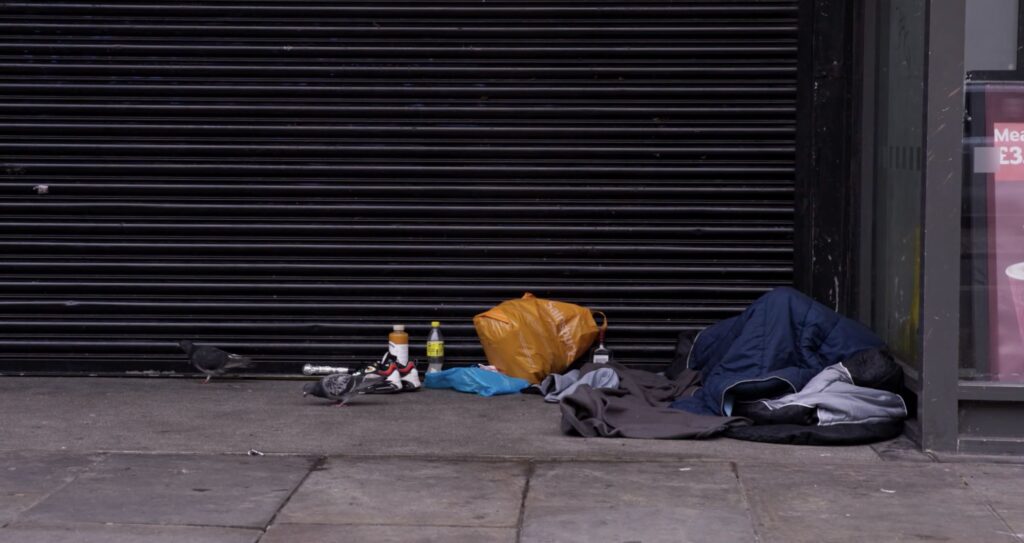
After the premiere screenings of Someone’s Daughter, Someone’s Son (cert. 15) prompted standing ovations at the Tyneside Cinema in Newcastle, more have been scheduled.
It always seemed odd that such an important documentary should be a one day wonder in a city where it ought to be seen by as many people as possible.
But clearly Thursday’s three screenings were well enough attended, and the film well enough received (ecstatically, in fact), for the Tyneside to find gaps in its schedules for three more.
They are on Friday, February 16 at 6.15pm; Saturday, February 17 at 1.25pm; and Monday, February 19 at 8pm.
At least those politicians who haven’t seen the film have an opportunity now to respond to the letters, emails and texts they may well be receiving even as you read this.
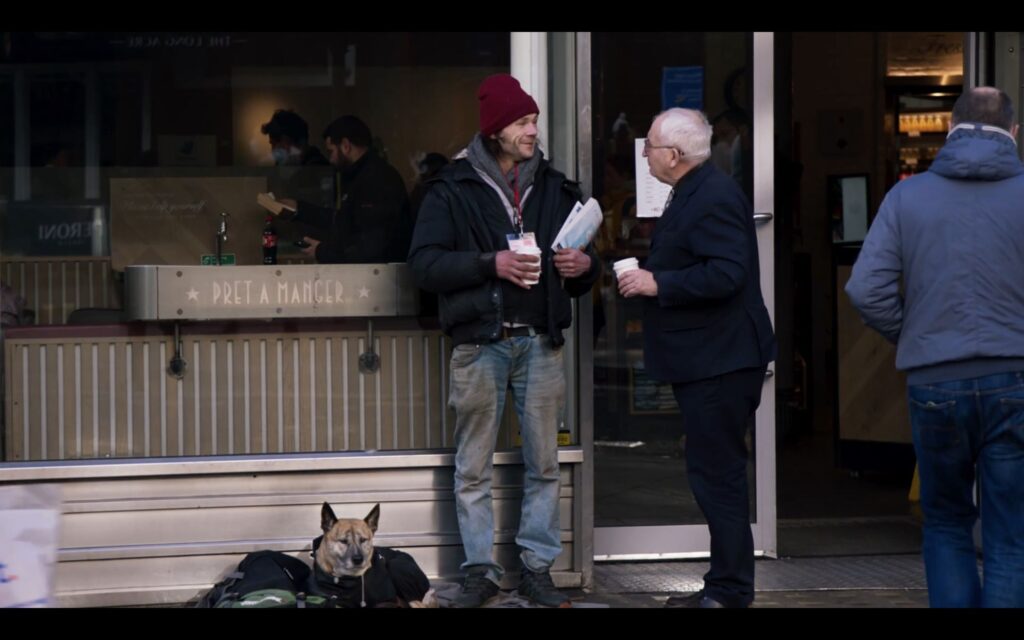
From the stage on Thursday night, producer Christopher Hird, of Dartmouth Films, made repeated calls for people to write to their MPs in a bid to drive homelessness up the agenda and make it a problem of the past.
But such a powerful and beautifully made film is well worth anybody’s time, particularly because the director, Lorna Tucker, was homeless herself as a young teenager.
At the post-screening Q&A she became understandably emotional as she recalled her time on the streets at 14 and 15, when ‘just a child’.
This had been a film she had put off making, she confessed. The shame of what she had done to survive lived with her. She had worried that it would derail her career if it ever became widely known.
But finally she decided she owed it to youngsters who might now be as she once was, homeless and unable to contemplate a way forward that matched those of former classmates with boyfriends, holidays and dreams of fulfilling careers.
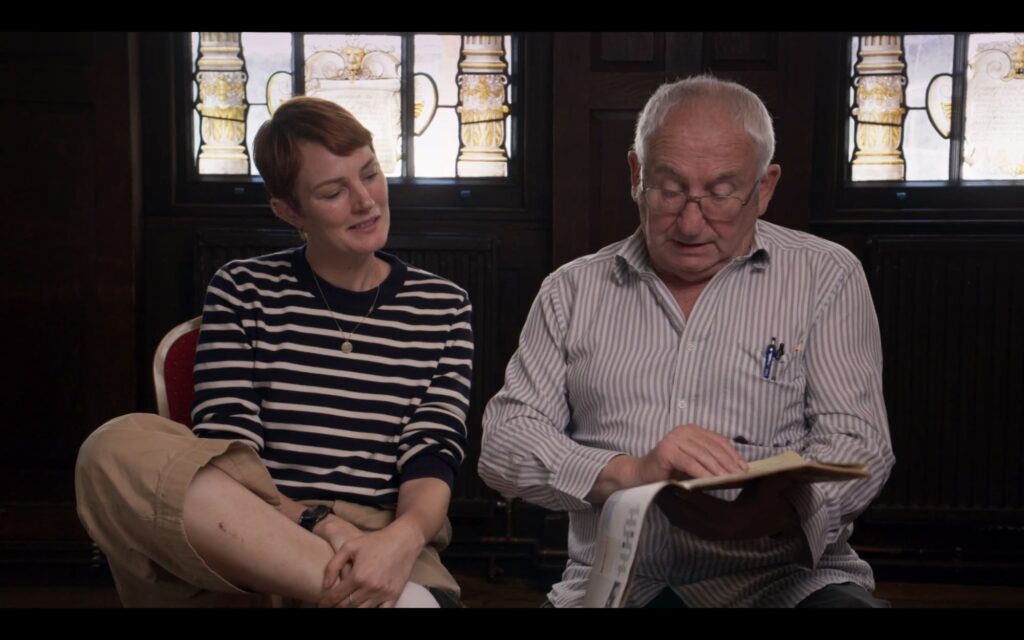
In one scene, when she finally comes front-of-camera, John Bird, founder of The Big Issue, shows her the edition in which her young face appeared, that of a missing girl very much in harm’s way.
As the tears come, she buries her face in his shoulder.
It was a Big Issue seller who protected her, she reveals on screen, an older man who knew better than her the risks she was taking. He kept an eye on her and did his best to keep her safe.
Walk through Newcastle on any day and you’ll see the rough sleepers, male and female.
Perhaps, like me, you wonder how they endure the cold and damp… and that’s before you can even begin to imagine the sense of hopelessness that must come with having nowhere better to be than a dirty pavement.
Lorna Tucker’s powerful documentary makes for riveting viewing, focusing on some of the many people who have, for whatever reason, found themselves sleeping rough.
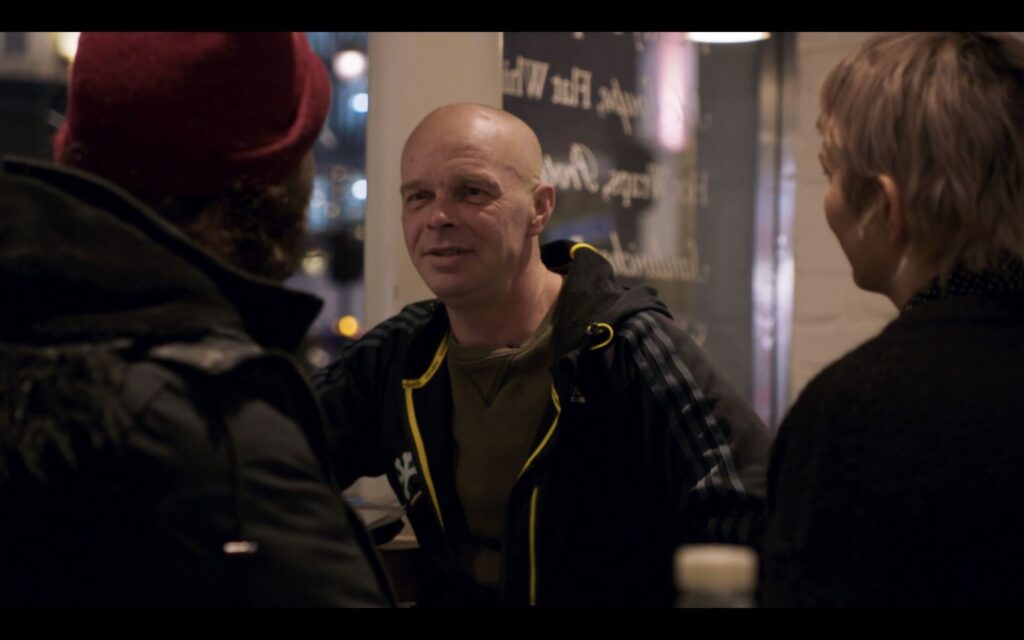
They include Emma, who took to London’s streets to escape domestic violence and still nurses ambitions of one day becoming a counsellor, even as she sits outside day after day, petting her dog.
Also Darren whose mother was an alcoholic. He never touches the stuff. “Hate it,” he declares. Homeless since childhood, he now sells The Big Issue and walks day and night because it’s safer than sleeping.
Earl, from North Shields, told me his story in person (you’ll find it in this week’s edition of The QT) and was on the stage in suit and tie.
He’s a big character in the film and off screen too. Judging by the response from the large audience at the Tyneside, he has a rock star following to match that of Sam and Liam Fender, who are friends and supporters.
Asked, along with others on stage, how passers by should react to homeless people, came the advice to at least acknowledge their presence.
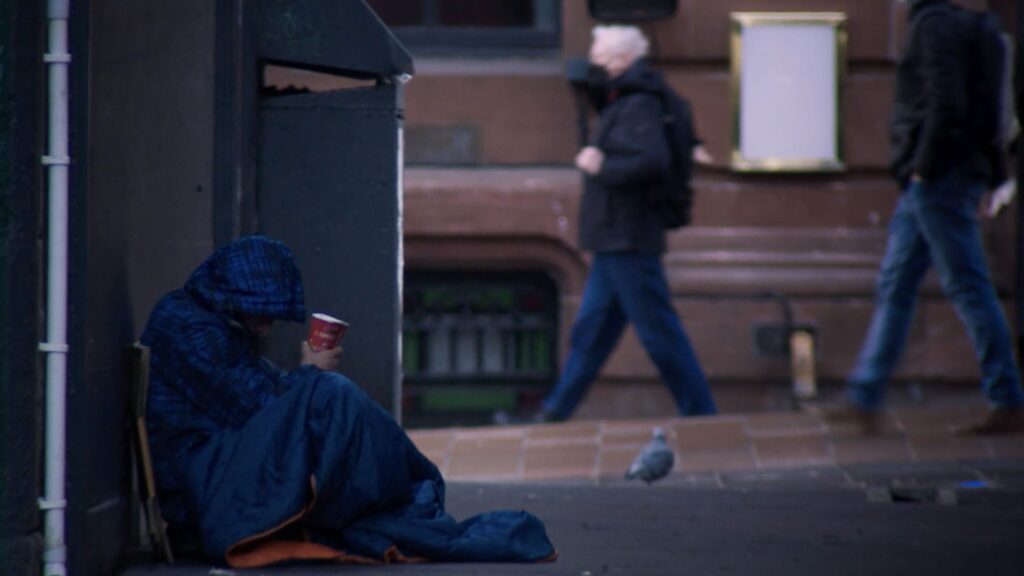
Why a Newcastle premiere for this film?
Because when a budget shortfall looked likely to delay completion, it was a fundraising gig and auction on Tyneside – at The Exchange 1856 in North Shields, to be precise – that generated the necessary £30,000.
From the movers and shakers in the film – including crossbench peers Baroness (Louise) Casey, appointed chair of a rough sleeping taskforce during the Covid pandemic, and John Bird, now Baron Bird – came the assertion, time after time, that homelessness is a fixable problem.
More social housing would help, along with more spent on prevention to catch people before they fall and an understanding that with the offer of accommodation should come ongoing support.
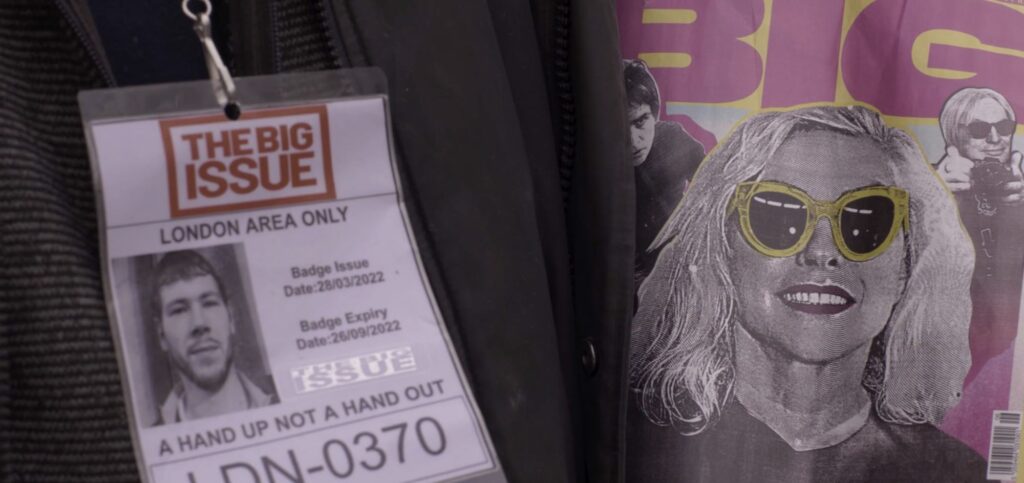
“It’s not rocket science,” said one professional working in the field, apologising for the cliché.
The message was repeated on stage by Tracy Guy, strategic lead for Shelter North East who remarked on X (formerly Twitter) after the screening: “The film showed incredible bravery and should call us all to action.”
A first step would be to see the film which is sad but also inspiring and uplifting.
You can find more information about tickets on the Tyneside Cinema website.










